Kosachov: No change in Russian position
Russia still firmly believes Kosovo’s independence to be illegal, despite its recognition of S. Ossetia and Abkhazia.
Friday, 29.08.2008.
16:11

Russia still firmly believes Kosovo’s independence to be illegal, despite its recognition of S. Ossetia and Abkhazia. President of the Russian Duma’s Foreign Political Committee Konstantin Kosachov said that Moscow’s position on Kosovo continued to be guided by Belgrade, and that any kind of future agreement should be reached by political means between Belgrade and Pristina. Kosachov: No change in Russian position "Our position on Kosovo following the recognition of South Ossetian and Abkhazian independence remains unaltered. We consider the recognition of Kosovo’s independence by several Western countries to run counter to international law. We are convinced that any kind of change of Serbian state borders is possible only if both sides agree. In that event, Russia will be prepared to accept any solution agreed on between Belgrade and Pristina,” Kosachov explained. He said that Russia had always stressed that the most important thing was what Belgrade and Pristina had to say, not other countries. "Russia has always said that we’ll be ready to recognize or not recognize certain territories, once Belgrade makes its position clear. Belgrade’s position is our reference point, and we do not nor will we have any other reference points,” said the Russian official. Kosachov, who is also a senior member of Russia’s ruling United Russia party, said that statements that the Kremlin might recognize Kosovo, having recognized South Ossetia and Abkhazia, were misinterpretations of his position, “with a view to causing a rift between our people, which I don’t want to allow under any circumstances.” "If such position is ascribed to me, then it’s a complete misinterpretation of my position. I never said anything like that, and I want to make myself perfectly clear on that. The Kosovo issue is separate, and it’s not tied in any way to South Ossetia or Abkhazia,” he said. The Russian official said that there were direct links between “the tragedy in South Ossetia” and the recognition of Kosovo’s unilateral independence. By recognizing Kosovo, a signal has been sent to Georgian President Mikheil Saakashvili that “territorial integrity in Europe is no longer a sacrosanct principle,” after which he had tried to restore his country’s integrity back in April. When that attempt was thwarted, he launched the huge operation in August, explained Kosachov. "Recognition of Kosovo’s independence allowed Saakashvili to attack South Ossetia, and, besides him, the responsibility for that aggression lies in the hands of the countries that have illegitimately recognized Kosovo’s unilaterally declared independence. Russia will certainly not go down that path,” he assured. Kosachov said that Russia was aware that the Americans had tried to convince other countries to recognize Kosovo, adding that Russia would not use that sort of tactic, as it respected countries’ sovereignty. "We are sure that the number of countries that support Russia will grow,” he underlined.
Kosachov: No change in Russian position
"Our position on Kosovo following the recognition of South Ossetian and Abkhazian independence remains unaltered. We consider the recognition of Kosovo’s independence by several Western countries to run counter to international law. We are convinced that any kind of change of Serbian state borders is possible only if both sides agree. In that event, Russia will be prepared to accept any solution agreed on between Belgrade and Priština,” Kosachov explained.He said that Russia had always stressed that the most important thing was what Belgrade and Priština had to say, not other countries.
"Russia has always said that we’ll be ready to recognize or not recognize certain territories, once Belgrade makes its position clear. Belgrade’s position is our reference point, and we do not nor will we have any other reference points,” said the Russian official.
Kosachov, who is also a senior member of Russia’s ruling United Russia party, said that statements that the Kremlin might recognize Kosovo, having recognized South Ossetia and Abkhazia, were misinterpretations of his position, “with a view to causing a rift between our people, which I don’t want to allow under any circumstances.”
"If such position is ascribed to me, then it’s a complete misinterpretation of my position. I never said anything like that, and I want to make myself perfectly clear on that. The Kosovo issue is separate, and it’s not tied in any way to South Ossetia or Abkhazia,” he said.
The Russian official said that there were direct links between “the tragedy in South Ossetia” and the recognition of Kosovo’s unilateral independence.
By recognizing Kosovo, a signal has been sent to Georgian President Mikheil Saakashvili that “territorial integrity in Europe is no longer a sacrosanct principle,” after which he had tried to restore his country’s integrity back in April. When that attempt was thwarted, he launched the huge operation in August, explained Kosachov.
"Recognition of Kosovo’s independence allowed Saakashvili to attack South Ossetia, and, besides him, the responsibility for that aggression lies in the hands of the countries that have illegitimately recognized Kosovo’s unilaterally declared independence. Russia will certainly not go down that path,” he assured.
Kosachov said that Russia was aware that the Americans had tried to convince other countries to recognize Kosovo, adding that Russia would not use that sort of tactic, as it respected countries’ sovereignty.
"We are sure that the number of countries that support Russia will grow,” he underlined.










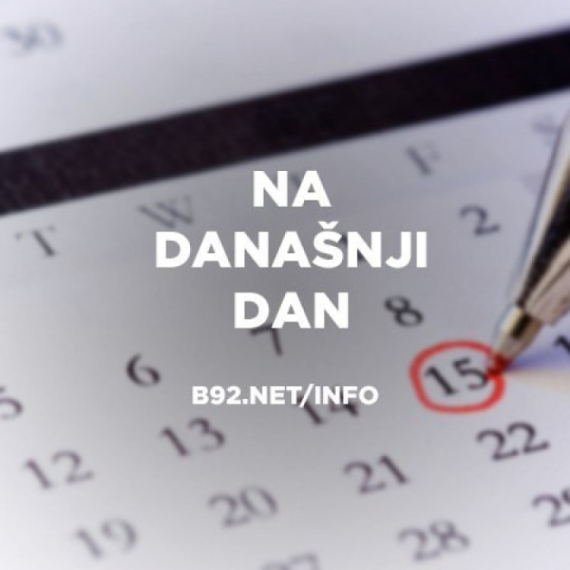
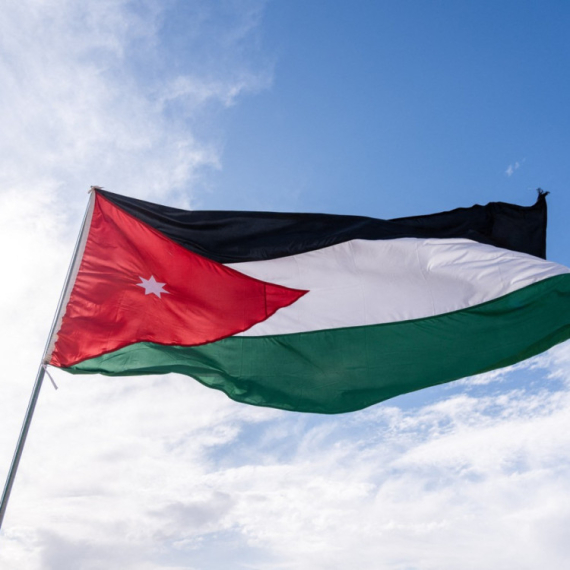

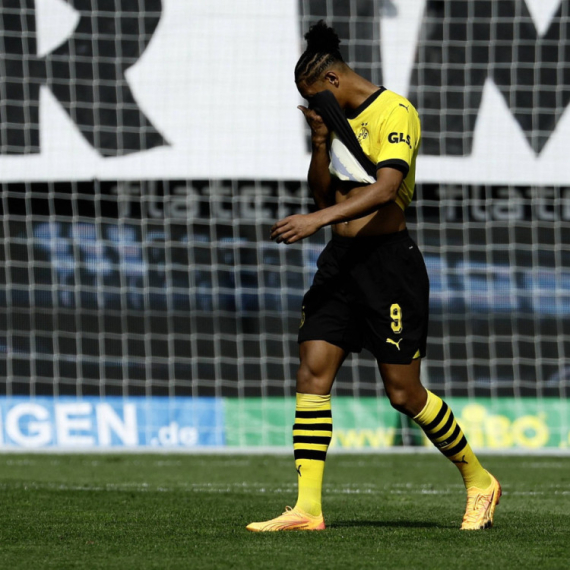
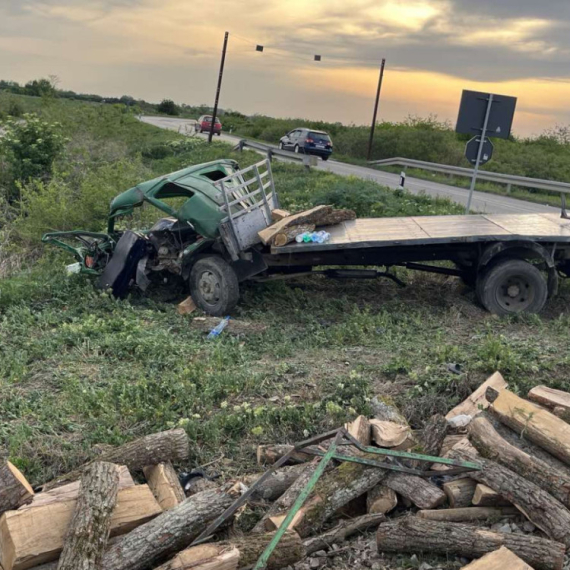

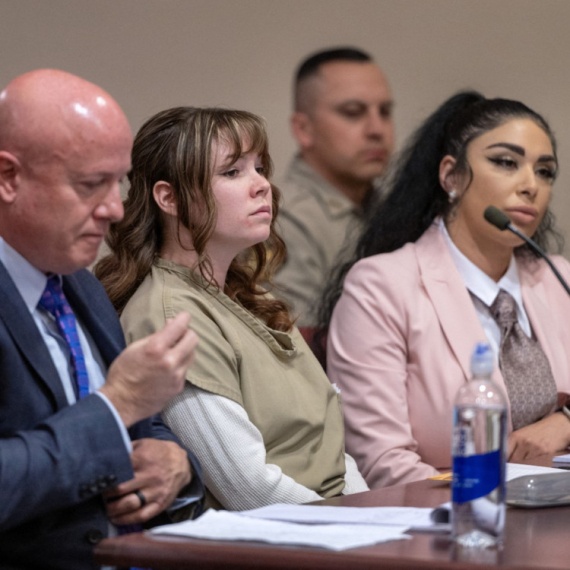
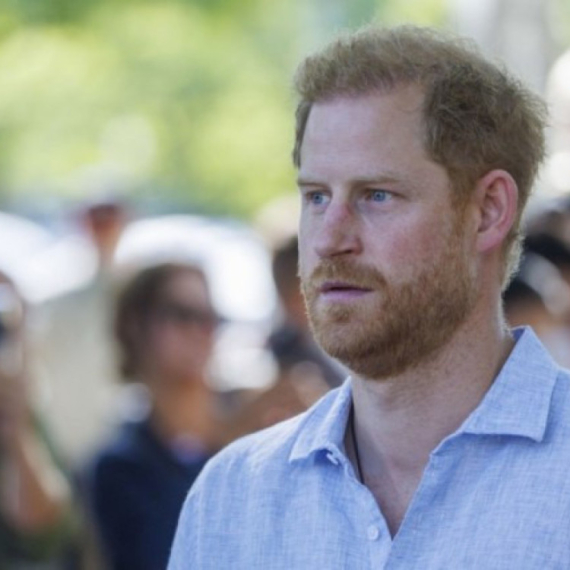









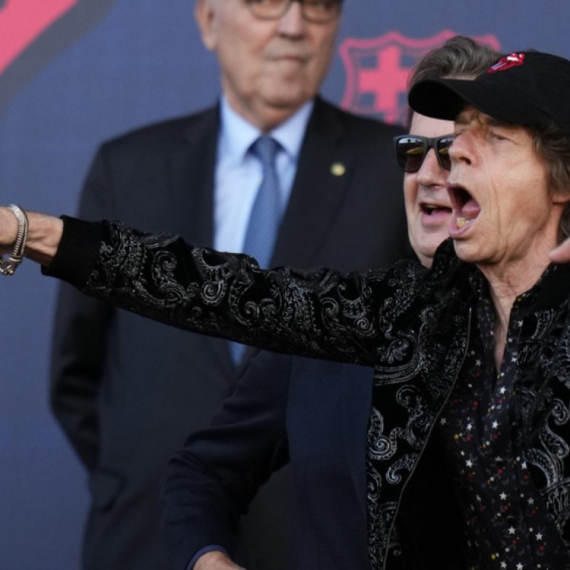
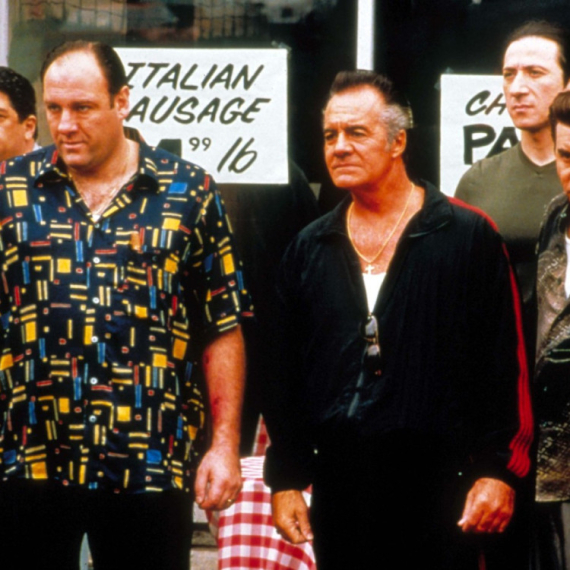
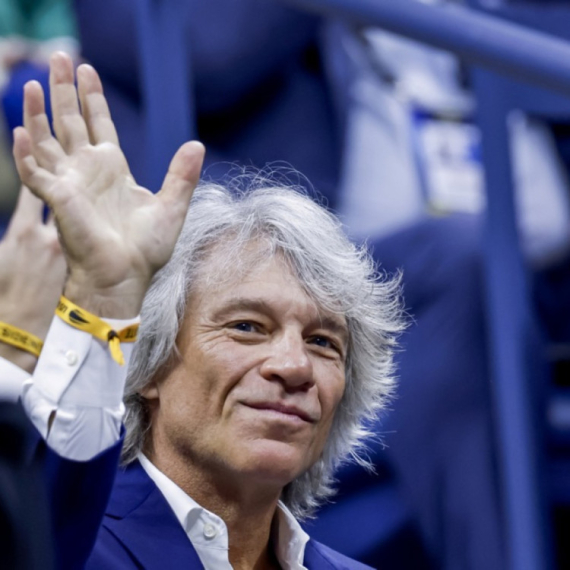





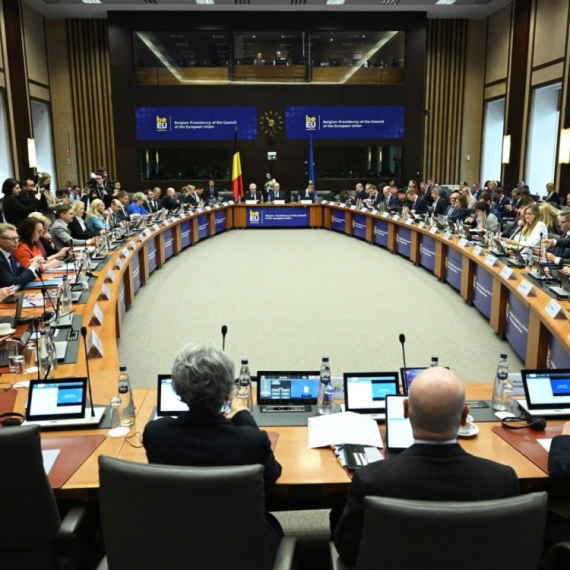
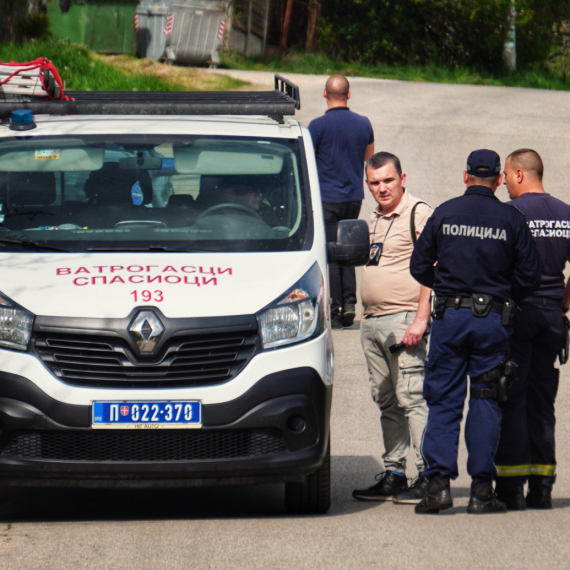
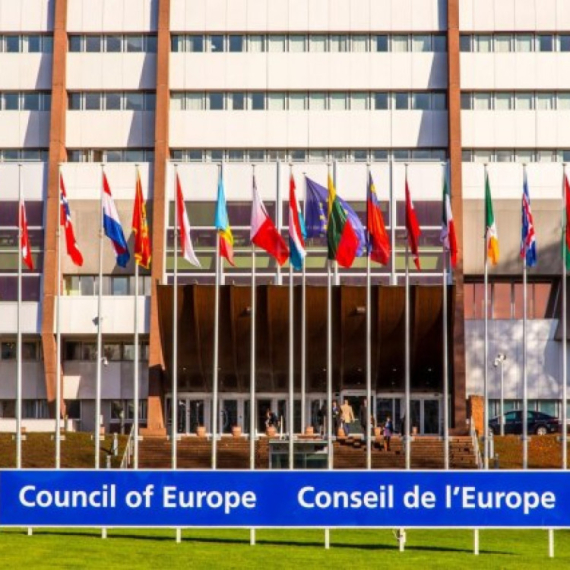
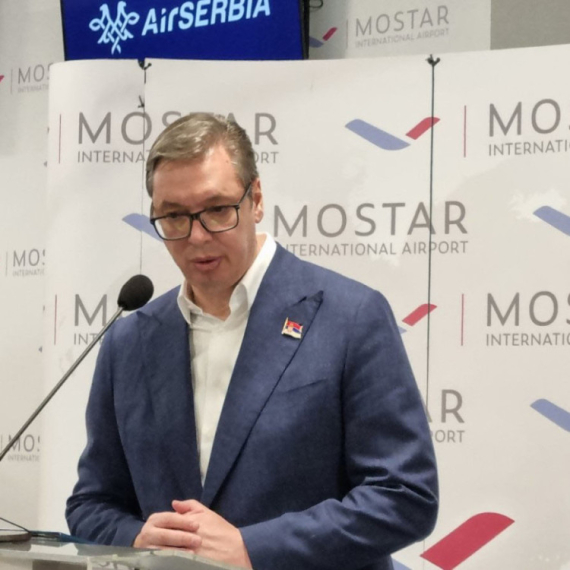






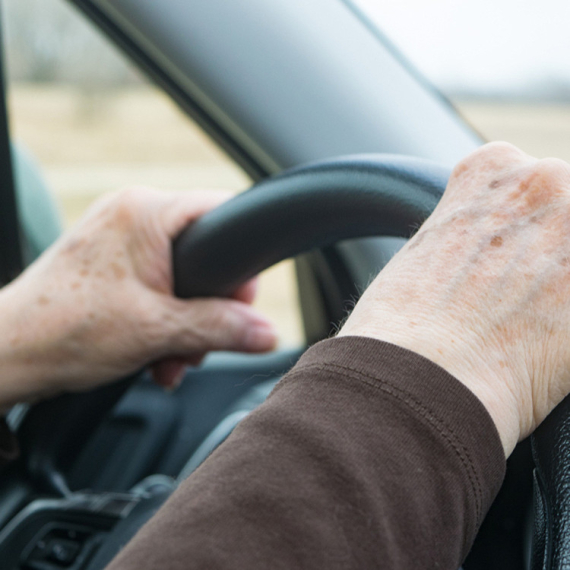



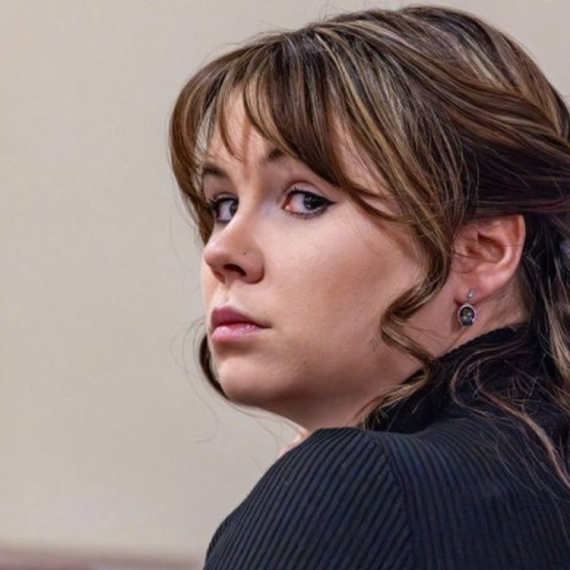
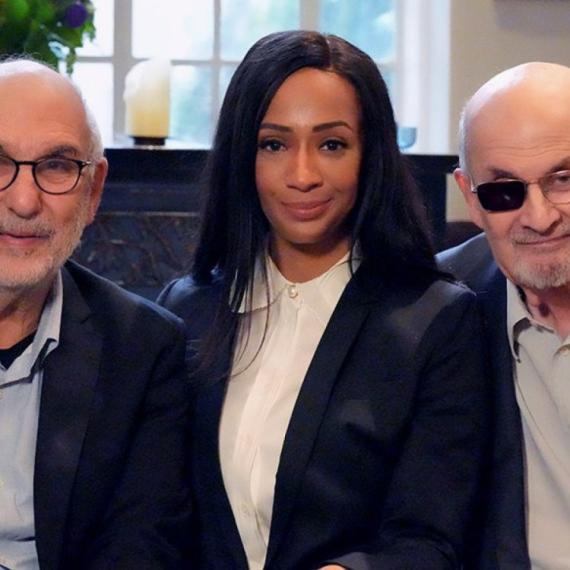
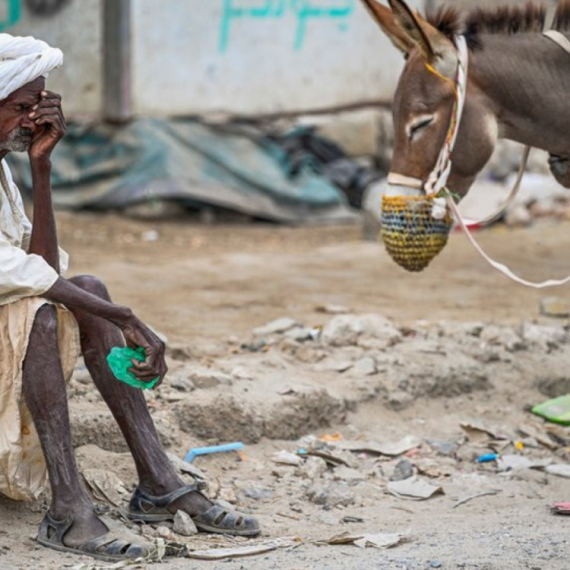
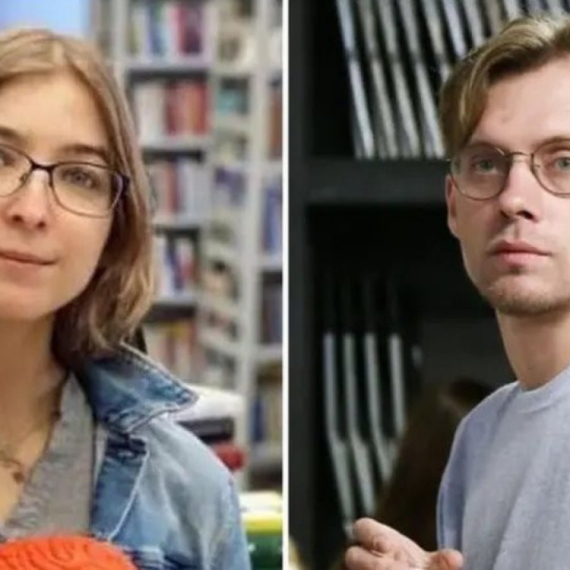
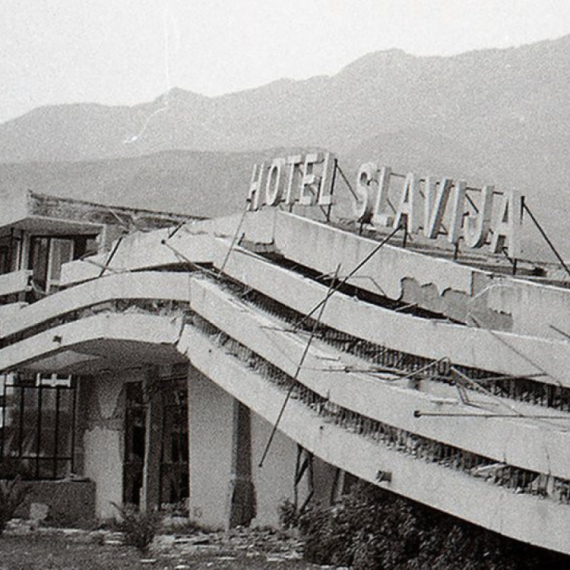

Komentari 7
Pogledaj komentare